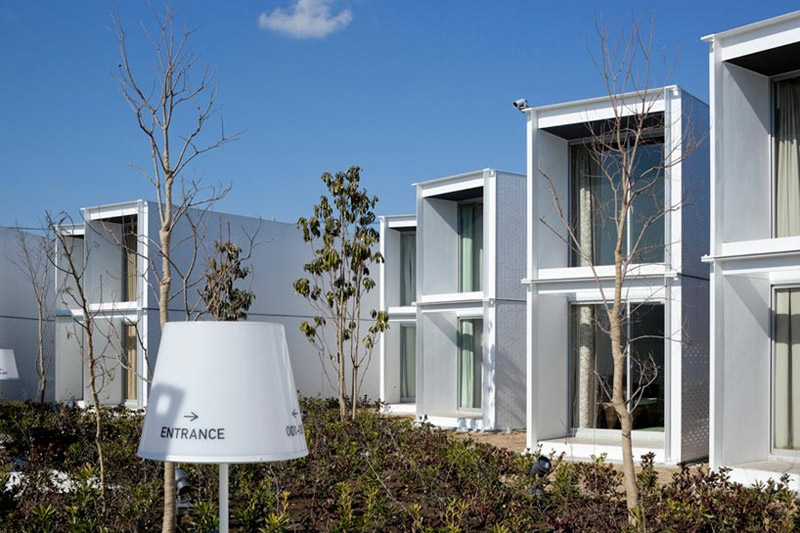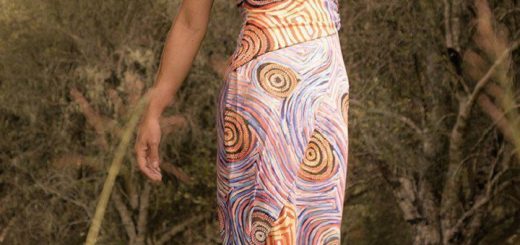The Future of Travelling
Yes, the tourism accommodation industry happens to be very lucrative, bringing about $8 billion to the Australian economy, and predictions are only brighter for the upcoming years.
Australia is a stunning place and has plenty to offer to both domestic and international tourists, so it’s no surprise an increase of 50% is expected in terms of money spent in the country from tourists by 2026-2027.

It’s important to note millennials, who love life-changing adventures, are the consumer generation revolutionising the tourism industry leading to a growing trend of experiential travel, but then again so is the increased eco-awareness and it’s safe to say modular hotel design is the future of tourism.
Unlike what we know of modular constructions in the past, thanks to innovation and technology, modular buildings aren’t only faster to build nowadays, they are also stylish. Pre-fabricated off-site, in monitored environments, there’s less risk which shows why it takes faster to build them and adds to the quality at that.
Whether it’s building a hotel from scratch, or adding a few rooms more, the modular hotel design guarantees construction with precision and, on the plus side, it has superior acoustics, insulation, energy efficiency, doesn’t cost as much as traditional constructions, doesn’t produce that much waste and noise. It’s about adaptability to the benefit of our lifestyles and nature!
There’s more to the role of technology too, so the traditional hospitality services we know of today are rapidly changing. An example would be the communication with the hotel staff which could be getting a closer and more informal approach, allowing guests to communicate with the staff via apps instead of making phone calls.
Let’s not forget the ease the internet provides us with when it comes to planning out our trips which would explain why the majority of travellers rely on online bookings rather than travel agencies. In a matter of seconds, you can check reviews about a hotel or restaurant. Furthermore, the blockchain trend is changing the way travel payment is carried out.
Virtual reality has made it possible to be transported in places, check out hotels, rooms, landmarks before you even embark on your trip, and wearable devices, as in the example of Walt Disney’s Magic Band, there’s less time spent on queuing and better connection with the parks – all meant to enhance the experience.
And, of course, the social networks allowing travellers to record their experiences and share them with family, friends, or even make their living with travel accounts and posts. Since technology is constantly being updated, we can say the future of tourism is bright!





